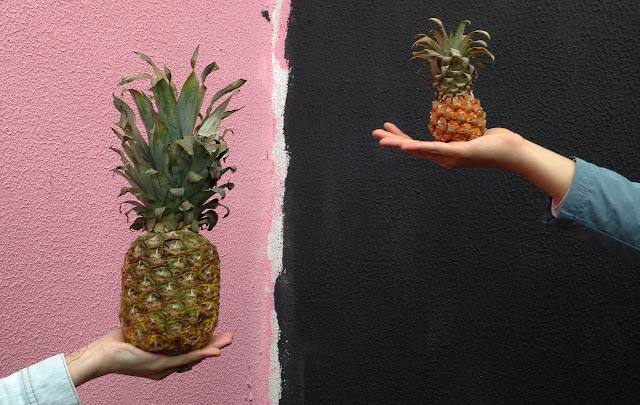Each item can have a certain quality to varying degrees. Therefore, qualitative adjectives (denote the properties and qualities of objects or persons: color, size, shape, properties, etc.) can have a degree of comparison.
The degree of comparison is a form that shows that in one object some qualities are manifested more or less than in another.
There are two forms of comparative education in Russian:
- simple,
- complex.
Сomplex comparative degree ↓
Any qualitative adjective has a complex comparative degree using the words "more" (increase in quality) and "less" (decrease in quality). It is important that adjectives in any gender, case number can be used with these forms. The words "more" and "less" do not change their forms.
Я ви́жу бо́лее краси́вый го́род, чем мой родно́й.
Мы попро́бовали бо́лее вку́сное вино́.
Вы никогда́ не уви́дите бо́лее высо́ких гор.
Simple comparative degree ↓
A simple comparative degree is formed from the base of qualitative adjectives (that is, a word without an ending) and the suffix -EE. The same form is used in every gender and number.
Э́тот го́род краси́вее моего́ родно́го го́рода.
Я никогда́ не про́бовал вина́ вкусне́е.
Э́тот конце́рт был скучне́е предыду́щего.
Pay attention to the stress in the comparative degree of adjectives.
If the adjective consists of two syllables (two vowels in a word), then the stress falls on the suffix -EE: си́льный → сильне́е.
If an adjective consists of three or more syllables (three or more vowel sounds in a word), then the stress does not change: интере́сный → интере́снее, краси́вый → краси́вее. Exceptions: холодне́е, тяжеле́е, горяче́е, веселе́е.
There are some adjectives that will have a unique forms ↓
ста́рый → ста́рше молодо́й → мла́дше
большо́й / мно́го → бо́льше ма́ленький / мало́ → ме́ньше
коро́ткий → коро́че
жа́ркий → жа́рче
хоро́ший → лу́чше плохо́й → ху́же
дорого́й → доро́же дешёвый → деше́вле
лёгкий → ле́гче
бли́зко → бли́же далеко́ → да́льше
высо́кий → вы́ше ни́зкий → ни́же
то́лстый → то́лще то́нкий → то́ньше
ра́но → ра́ньше по́здно → по́зже
ча́сто → ча́ще ре́дко → ре́же
у́зкий → у́же широ́кий → ши́ре
чи́стый → чи́ще
гро́мко → гро́мче ти́хо → ти́ше
and others.
There are two ways to compare two or more items by their qualities:
→ in the construction "чем" (than)
Слон бо́льше и сильне́е, чем соба́ка.
→ in a construction with Genitive case
Слон бо́льше и сильне́е соба́ки.
Conclusion: The comparative degree of adjectives is not the most difficult topic in Russian grammar. There are two forms of comparative degree: complex (can characterize both an increase and a decrease in qualities) and simple (only an increase in quality).
There are also two variants of using the comparative degree: in the construction "чем" and with the Genitive case.
Exercises:
1. Answer the questions.
Кто старше ваш отец или ваша мать? На сколько лет?Где дороже учиться: в России или в Европе? На сколько?
Где кофе дороже: в автомате или в Старбаксе? На сколько?
Кто из вас моложе: вы или ваш учитель? На сколько?
2. Complete phrases, use simple comparative forms.
Фильм был интересный, но спектакль ...Русский музей большой, а Эрмитаж ...
Нева - широкая река, но Волга ...
Моя комната хорошая, но комната брата ...
В этом магазине продукты дешевые, но в нашем супермаркете ...
Я часто хожу в театр, но в кино ...
Английский язык легкий, но шведский язык ...
3. Answer the questions. Use complex forms of comparative degree in your answer.
Что твёрже: металл или дерево?
Что уже: улица или проспект?
Что слаще: мёд или сахар?
Что дороже: “феррари” или “порше”?
Что мягче: шёлк или лён?
Что короче: Дунай или Нил?
Что легче: вода или молоко?
Что уже: улица или проспект?
Что слаще: мёд или сахар?
Что дороже: “феррари” или “порше”?
Что мягче: шёлк или лён?
Что короче: Дунай или Нил?
Что легче: вода или молоко?
Picture from pexels.com.
👉
Russian


No comments:
Post a Comment